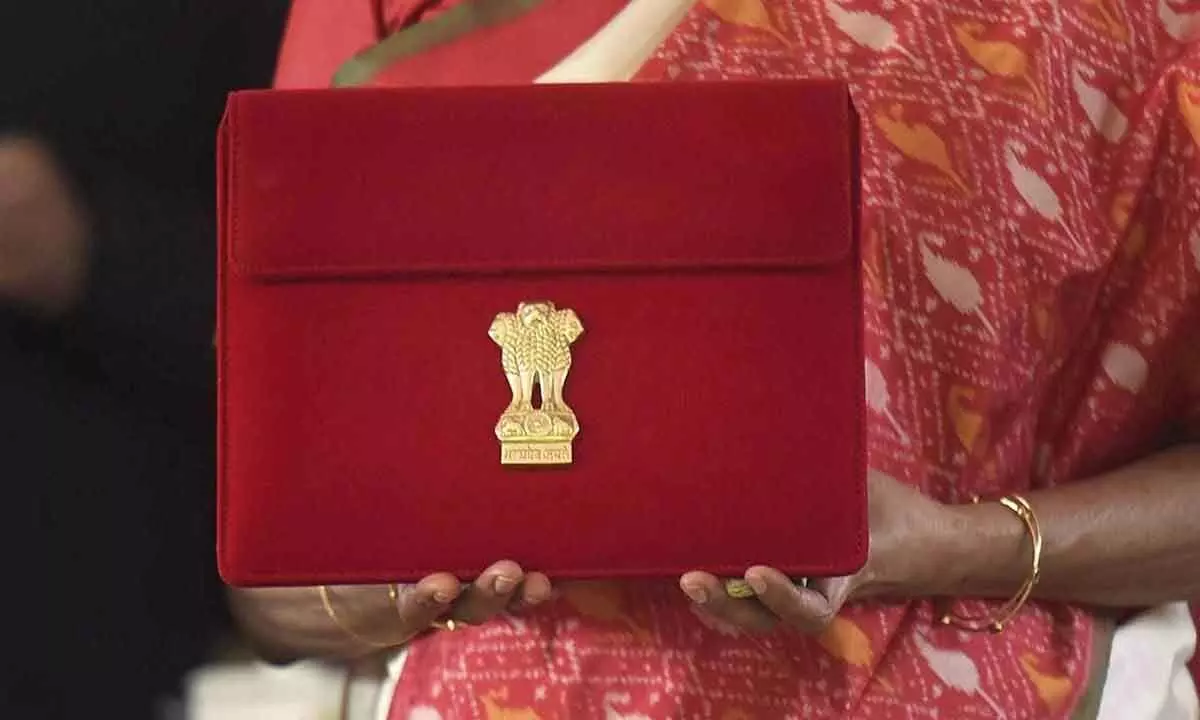Budget may see measures to boost consumption demand
One way to boost consumption is to put more money in the hands of people, and one of the possible ways of doing it is by reducing the tax burden, say experts
image for illustrative purpose

New Delhi: Finance Minister Nirmala Sitharaman is likely to step up efforts to boost consumption and rural economy while keeping inflation under check when she presents her sixth straight Budget on February 1.
Experts said one way to boost consumption is to put more money in the hands of people, and one of the possible ways of doing it is by reducing the tax burden through tinkering with tax slabs or increasing the standard deduction. Another proposal is related to increasing the funds under the rural employment guarantee scheme MGNREGA and higher payout for farmers. Women and marginalised communities may get additional sops as part of Sitharaman's effort to boost consumption ahead of the general elections, experts said. Usually, interim Budgets, which are presented in the Lok Sabha ahead of the general elections, do not contain fresh tax proposals or new schemes. In the interim Budget, the government will seek permission from Parliament to meet its expenses for 4 months of the 2024-25 fiscal.
It may contain proposals to address immediate economic problems, which cannot wait 4 months when the full budget is presented after the formation of the new government. According to experts, there is an urgency to address the issues concerning slack consumption demand in the economy. Deloitte India Partner Rajat Wahi said that in the case of FMCG and most of the products people consume on a daily basis, consumer goods companies have increased the prices in 8-10 quarters mainly due to an increase in input costs.
"So, global supply chain impact, input prices going up, inflationary impact, interest rates going up, all of this is impacting the lower income. It's not only rural, it is the poor segment of urban areas where are seeing these issues," Wahi said. Wahi said the bigger impact of the price rise is being felt by the poorer section of society as the number of loan defaults has significantly increased, he added.

